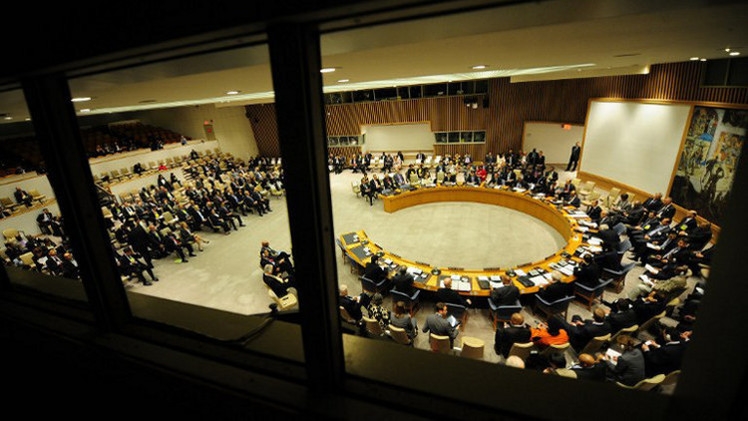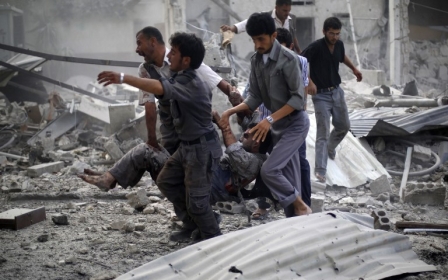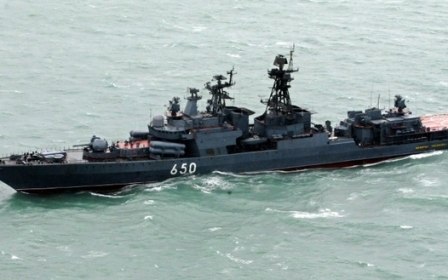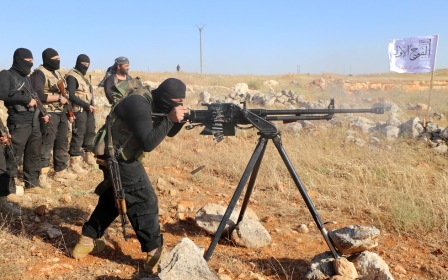Egypt set for election to UN Security Council for sixth time

Egypt is among five countries set to be elected to the UN Security Council on Thursday, taking seats alongside the US and Russia amid tensions over various foreign interventions in the Syrian conflict.
Egypt, Japan, Senegal, Ukraine and Uruguay are running unopposed for five non-permanent seats on the 15-member council after regional groupings put them forward as their choice.
Despite the regional backing, the five countries must still lobby hard to garner support, needing two-thirds of votes from the 193-nation General Assembly to win the seat.
Voting gets under way at the General Assembly around 1400 GMT, with results expected later in the day.
The newcomers will begin their two-year stint on 1 January, replacing Chad, Chile, Jordan, Lithuania and Nigeria.
The five permanent members of the council are Russia, the US, China, France and the UK.
The UN Security Council is tasked with maintaining peace and security worldwide, and has the power to authorise military action, impose sanctions and establish peacekeeping operations.
Each member of the council, including the 10 non-permanent members, has a vote - any matter such as the application of sanctions requires nine affirmative votes, including from the five permanent members with a veto.
Bad blood over Syria
The council has been stumbling in its efforts to end the four-year war in Syria, with the West pressing demands that Syrian leader Bashar al-Assad must go as a condition for a peace settlement.
Russia, however, supports Assad, and recently began a bombing campaign aimed at a broad swathe of his armed opponents in the country.
Egypt has expressed its support for the campaign, threatening to put a strain on its relations with key regional ally Saudi Arabia, which supports the anti-Assad opposition.
Egypt is returning to the council for the sixth time as Yemen, Libya, Iraq, Lebanon and the Palestinian territories join Syria on the list of Middle East crisis spots.
The council is also gearing up to play a key role in overseeing the Iran nuclear deal.
Africa, where nine of the UN's peacekeeping missions are deployed, remains a focal point, with the violence in South Sudan and the Central African Republic on the council's radar.
The newcomers will be joining the other five non-permanent council members: Angola, Malaysia, New Zealand, Spain and Venezuela.
New MEE newsletter: Jerusalem Dispatch
Sign up to get the latest insights and analysis on Israel-Palestine, alongside Turkey Unpacked and other MEE newsletters
Middle East Eye delivers independent and unrivalled coverage and analysis of the Middle East, North Africa and beyond. To learn more about republishing this content and the associated fees, please fill out this form. More about MEE can be found here.




